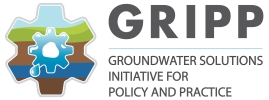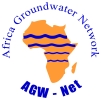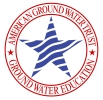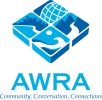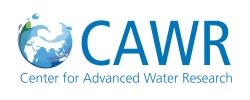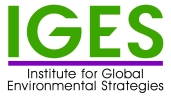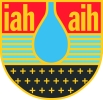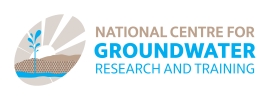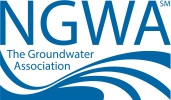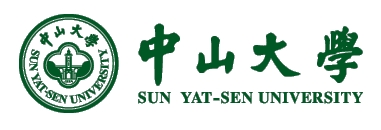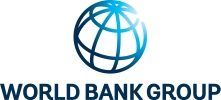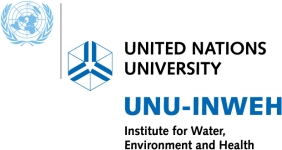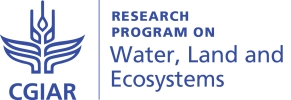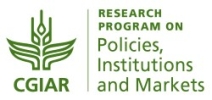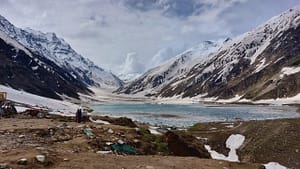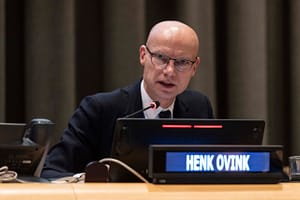A new policy brief titled Sustainable Groundwater Development for Improved Livelihoods in Sub-Saharan Africa was published by the International Water Resources Association (IWRA). Based on work carried out by IWMI and partners through the support of the Rockefeller Foundation and WLE, the brief describes the potential and constraints of groundwater irrigation Sub-Saharan Africa.
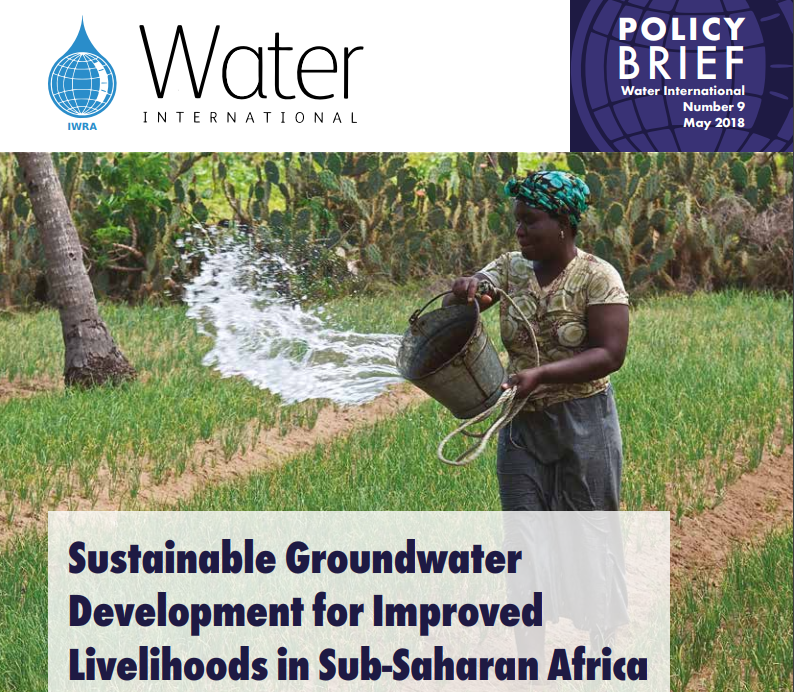 At least 400 million people in Sub-Saharan Africa source their domestic water supply from groundwater. Yet, this often abundant resource only accounts for around 20% of total irrigation. More widespread irrigation could help reduce rural poverty, improve food security, and counter droughts. The policy brief outlines why this water is untapped, and expands on three key policy messages:
At least 400 million people in Sub-Saharan Africa source their domestic water supply from groundwater. Yet, this often abundant resource only accounts for around 20% of total irrigation. More widespread irrigation could help reduce rural poverty, improve food security, and counter droughts. The policy brief outlines why this water is untapped, and expands on three key policy messages:
- There is great potential for groundwater irrigation in much of Sub-Saharan Africa
- Smallholder farmers are eager to tap reliable new irrigation sources
- The most critical constraints lie in developing supply chains, finance, and other essential infrastructure.
IWRA also identifies key Issues that need to be addressed:
- Decentralized supply and maintenance of pumps
- Smallholder access to reasonable financing options
- Smallholder access to reliable and low-cost energy sources, particularly solar energy
The brief is based on research by International Water Management Institute (IWMI) and CGIAR Research Program on Water, Land and Ecosystems (WLE) and other partners. Download here.






